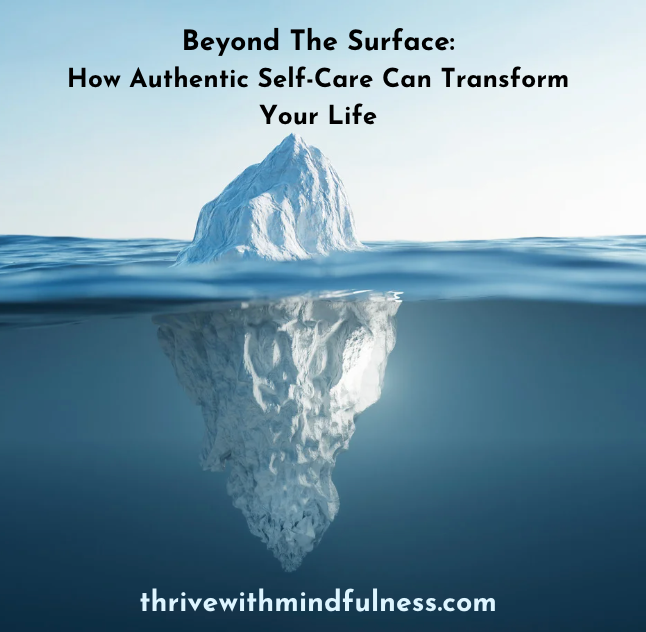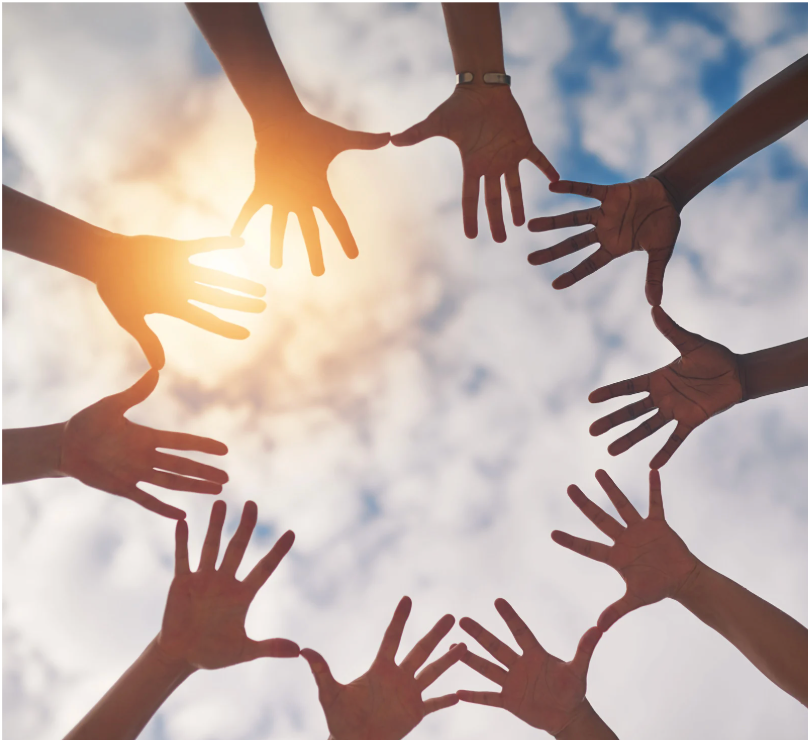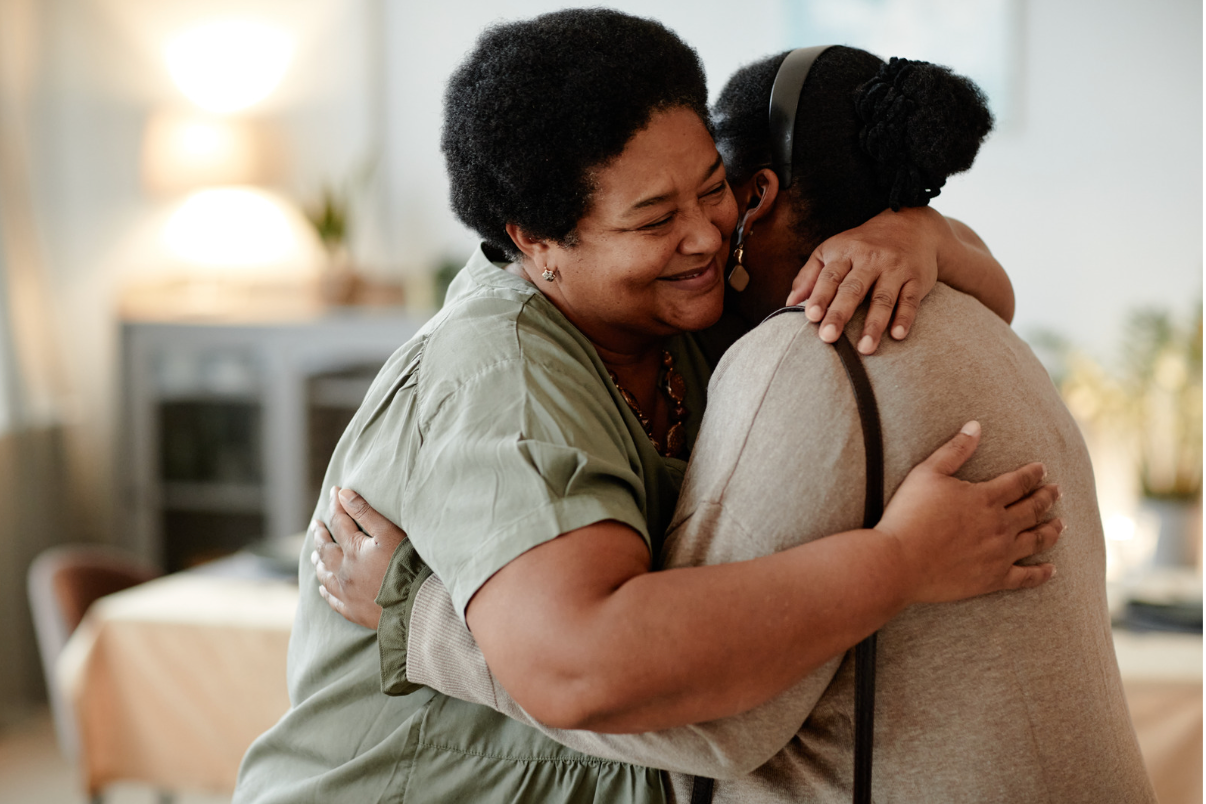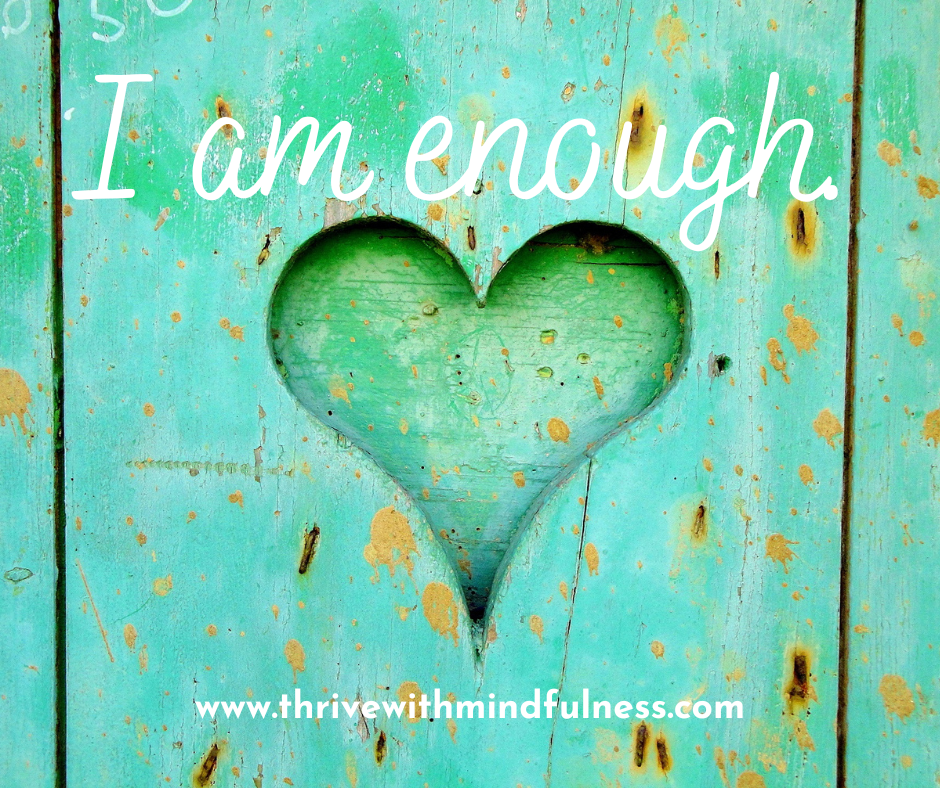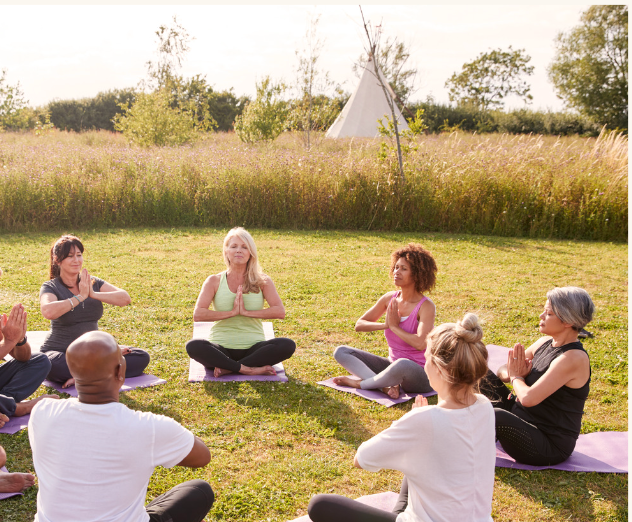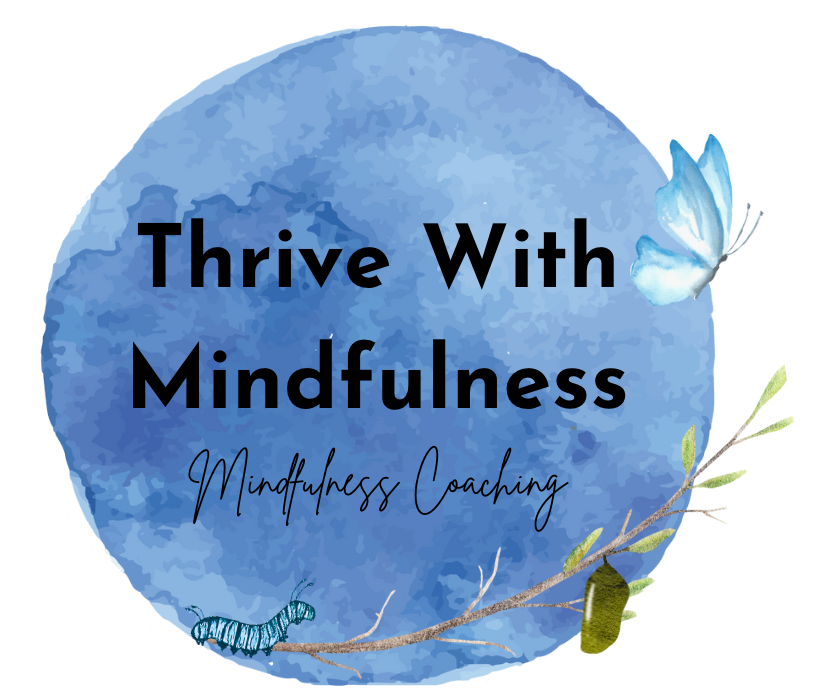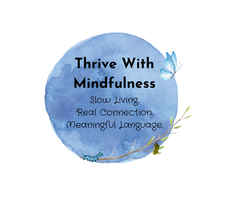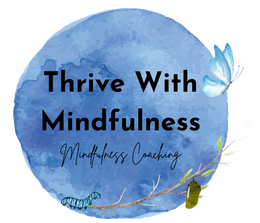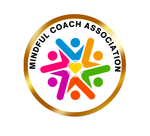The first step is yours...
Slow living.
Real connection.
Meaningful language.
Explore connection, language, and creativity at your own pace.
Thrive With Mindfulness is a space to reconnect — with yourself, others, and the world around you. Whether you're learning English, attending a garden event, or exploring mindfulness, you’re invited to grow at your own pace.
My Mission
I believe that life isn’t meant to be rushed through. It's meant to be lived — with intention, connection, and care.
My mission is to create a welcoming space where people can slow down, reconnect with themselves and others, and experience language as a bridge — not just to communication, but to understanding and belonging.
I bring together mindfulness, nature-based creativity, and heart-centered English coaching to support your growth — whether you're learning to speak with more confidence or simply longing to breathe a little deeper.
Welcome, I'm Traci
Teacher. Mindfulness coach. Connector at heart.
I created Thrive With Mindfulness as a space to slow down, reconnect, and come home to yourself — no matter where you are in the world.
Based in the northern German countryside, I offer in-person events for locals and city dwellers alike — anyone who’s ready for a breath of fresh air and a break from the pace of everyday life.
I also host online meetups and courses, because I know from personal experience how essential connection is — especially when work or life takes you from one place to the next.
Whether you're learning English, adjusting to expat life, or simply longing for deeper connection — to yourself, to others, and to the natural world — you’re in the right place.
This isn’t about perfection.
It’s about presence.
And creating a life that feels meaningful, sustainable, and true to who you are.
Take a look around and see what’s possible for you.
What People Are Saying...
The following testimonials are from our group English program, After Work English.
"Mit Freude gehe ich jedesmal in diesen Englisch Kurs!
Traci ist eine geduldige und fröhliche Lehrerin.
Unsere Gruppe hat jede Menge Spaß..alles nette Leute und wir spielen auch Spiele wie zum Beispiel Bingo...also eine lockere und lustige Runde.
Ich kann es nur empfehlen wenn man das Schulenglisch mal wieder auffrischen möchte!!"
Katja Stegemann, Breetz
"Vielen Dank für die vielen schönen gemeinsamen Unterrichtsstunden. Wir haben viel Spaß gehabt, immer wieder neue Ideen von Dir auszuprobieren, uns Englisch näher zu bringen.
Du hast uns jederzeit die Möglichkeit gegeben, Fragen zu stellen und Wünsche zu äußern. Wir haben in jeder Einheit neues gelernt und dann durch Spiele gefestigt, wodurch wir uns immer mehr getraut haben, einfach loszusprechen.
Du hast uns von Deiner Heimat erzählt und ganz persönliche Einblicke gegeben. Wir haben uns in der Gruppe immer wieder gegenseitig unterstützt und sind ein richtig gutes Team geworden. Deine liebenswerte und aufgeschlossene Art und Deine Freude, Dein Wissen und Deine Erfahrungen mit uns zu teilen, haben den Unterricht besonders gemacht.
Unsere Gruppe hat beschlossen, den Kurs zu verlängern, weil wir einfach nicht genug kriegen können. Von Herzen DANKE."
Sandra und Enrico, Eldenburg
These testimonials are from our online group coaching program, which I offer once a year.
"Throughout the group coaching program, I delved into the understanding of my thoughts and emotions, nurtured self-compassion, gradually expanded my repertoire of mindfulness activities and tools, and introspected on how these practices could positively impact my child.
If I have any regret, it is that I had not joined this group and acquired these vital practices earlier in my journey as a mother. While I cannot alter the past, I now possess the knowledge and skills to navigate future challenges with confidence and grace. Traci, your impact on my life has been truly life-changing. Thank you!"
- Anna K.
“I was surprised at how unconscious my thoughts are, and how my brain can take something positive and turn it into something negative that makes me worry. Now that I am aware of this, thanks to the group coaching program, I write it down every time I notice it. This helps me to remind myself that I can rewire my brain and change how I react to any situation.”
- Caitlin A.
Between stimulus and response, there is a space. In that space lies our freedom and power to choose our response. In our response lies our growth and freedom.
Viktor Frankl
Who I work with
This space is for people who crave more connection: to themselves, to others, and to the natural world.
- You might come for English, mindfulness, or a quiet moment in the garden, but what you’re really looking for is something deeper. A place to feel at ease. A space to grow. A rhythm that feels more like your own.
- Many of the people who find their way here are:
– Expat professionals who long for community
– Locals curious to speak more freely in English without judgment
– Individuals who feel overwhelmed, disconnected, or unsure where to begin
– Creative souls who feel more like themselves in nature
– People who are sensitive, thoughtful, and ready to engage more intentionally with life
- You don’t need any experience with mindfulness or fluent English. Just a willingness to show up as you are and try something new.
Check out the Mindful Learning Blog




